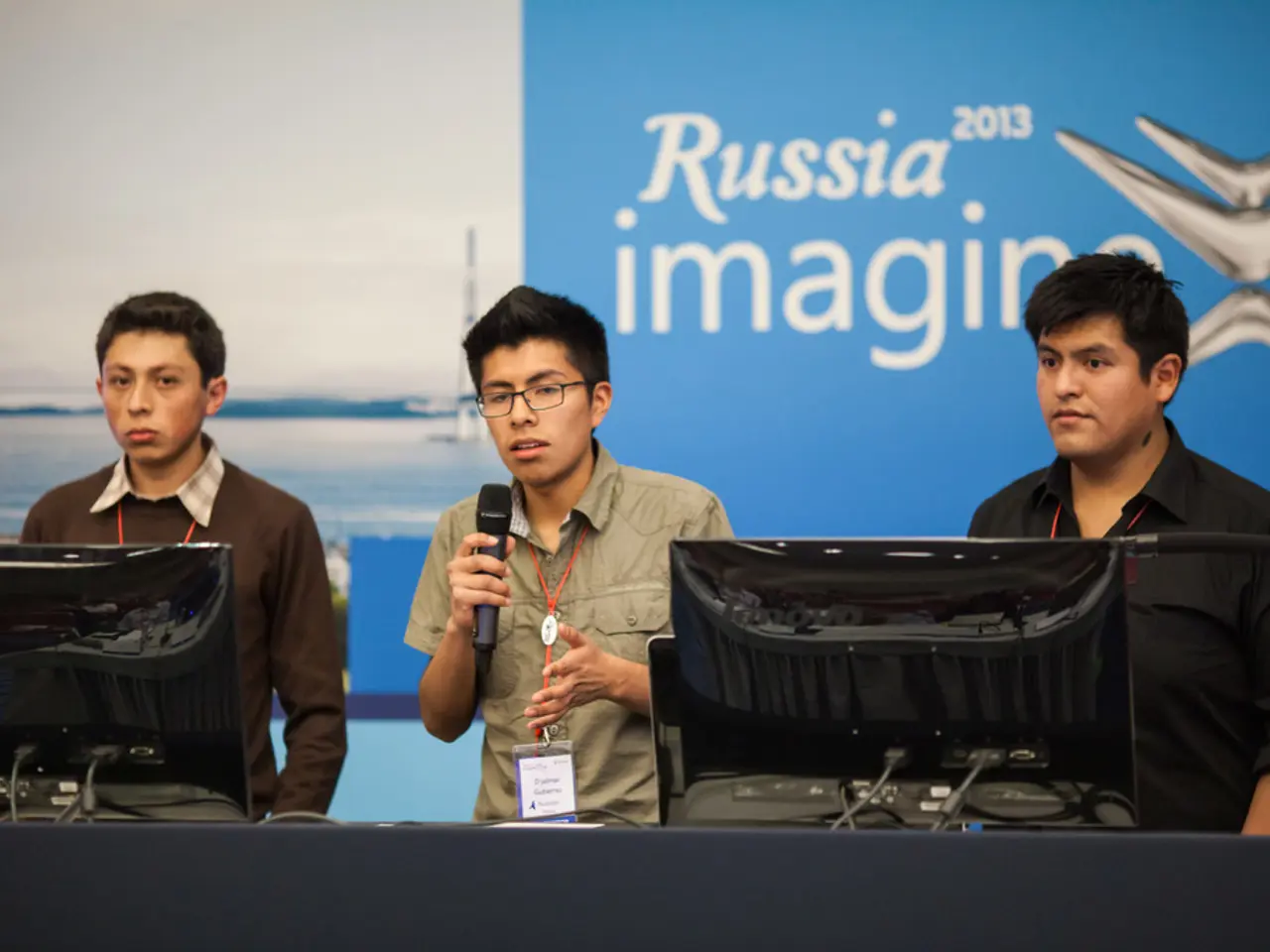Linear development plans for KiKA television network
In the state parliament of Saxony-Anhalt, discussions about the role of public media for children and young people have been ongoing. The Broadcasting Commission has been developing proposals to strengthen the trust and acceptance of public broadcasting, and has also been discussing the importance of children's television.
The Enquiry Commission of the state parliament is advising on reforms in public broadcasting, including the structure of the bodies. Various guests, including Mitteldeutscher Rundfunk, have been invited for these discussions.
The reform state treaty, which will change the media state treaty, is still under consideration by the state parliament. This treaty does not make any statement regarding linearity or non-linearity, leaving the decision to the providers.
However, there is some good news for fans of linear programming. The Legislative and Consultative Service (GBD) of the Saxony-Anhalt state parliament has concluded that a linear program is possible on the public children's channel KiKA even after 2032. This assessment was shared by Culture Minister Rainer Robra (CDU) as early as February.
Despite these positive signs, the future of the linear program on KiKA after the broadcasting reforms is still uncertain. As a result of the reforms, KiKA must transfer its current linear television offer to the internet by at least 2033. The form of the online children's program (pure media library offer or linear, e.g., via a livestream) will continue to be discussed.
Left Party MP Stefan Gebhardt has asked the GBD for a statement on how the broadcasting reforms will affect a linear offer from KiKA. The planned reforms will be discussed in the meeting of the media committee on Friday.
It's important to note that while regional broadcasting reforms can affect public broadcasting structures, decisions about national children's channels like KiKA (a joint ARD/ZDF channel) are typically made at broader institutional levels. The impact of the Saxony-Anhalt reforms on KiKA’s linear programming would depend on agreements between federal and state media authorities and broadcasters' policies.
In conclusion, while there are signs of hope for the continuation of linear programming on KiKA, the future remains uncertain until the state parliament votes on the reform state treaty and specific details about the reforms' impact on KiKA are announced.
- The discussion in the Saxony-Anhalt state parliament's media committee on Friday will include the impact of the reforms on policy-and-legislation related to the linear offer from the children's channel KiKA.
- The ongoing debates in the state parliament of Saxony-Anhalt encompass not only the role of public media for children and young people, but also the politics and general news surrounding the reform of public broadcasting and its effects on linear programming.




